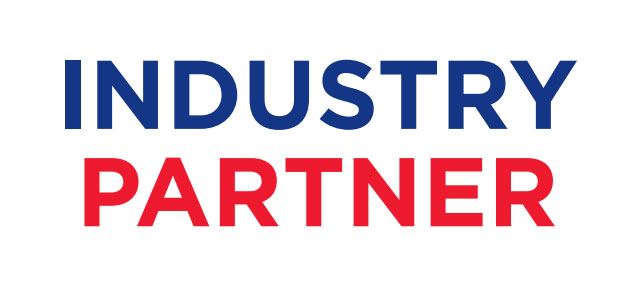This article continues our ‘job interview‘ series for restaurant managers who are working up the ladder into a hospitality management or director position. No hotel or restaurant runs smoothly without a plan. Many qualified candidates lose the job because they don’t understand what information the interviewer is looking for.
Example:
Job Interviewer, ‘How would you handle XXX situation in the restaurant.’
Qualified Restaurant Management Candidate #1, ‘In the past I have effectively handled that situation by setting up guidelines and procedures for handling XXX. The main two problems I encountered were employee motivation and the increased paperwork. I handled these by setting up weekly meetings where I outlined the objectives for the next week.
This is a very good answer. It gives the interviewer the information they wanted. But it doesn’t answer the question in the way they wanted it answered.
Qualified Restaurant Management Candidate #2, ‘I developed a management system that addresses the problem of XXX, by reducing time management, the time needed to handle employee reluctance, and after three years of using my management system I decreased the paperwork by 30%. When making this system I addressed labor laws, , and both quality and customer satisfaction. It isn’t perfect, but it is very effective handling XXX system. The framework is set up on PeachWork’s software, and I can download it. PeachWorks allows each key player I also have a spreadsheet version that I can import. Would you like a copy of my summary outline of how it can work in your restaurant?”
Both restaurant managers answered the job interview question correctly. They told HR what they needed to know. The second manager ‘showed’ the interviewer a) that they had a proven system, and were not just ‘hoping’ everything works out, b) that they had covered potential problems, c) that they were flexible, and d) that their system was designed to save the company time/money.
If you are a qualified restaurant manager, you probably have worked on restaurant management software. As you are learning, take the time to set up your own system. Keep a copy in writing, so that you can produce it. Yes, the job interviewer may steal your work, so don’t give them everything. Just give them enough to land you the job.
You might want to try Jolt. It is $80 a month, and lets you work on the entire software system, even if your current employer only lets you access parts of their system. Having your own software may be beneficial to a smaller restaurant which is growing. In either case, it shows you have initiative.
How To Develop a Management System
It takes time to develop your own system. The first step is to take notes and keep reports in your current job. Consider every aspect of the day to day functions as a vital part of your system. If you run into a problem, whether employee related, or unexpected, this will now become part of your system. Keep it simple enough that you can use your data in a job interview.
Create a flow chart. You will end up with several flow charts. Over time, this will become your system. If employee A misses too many days of work, how will you handle it? What problems were caused, and how can you avoid them in the future.
You probably already have a system, but it is in your head. The problem with this is that, under stress, you may forget an important aspect of your system. And, you cannot delegate, confidently knowing that everyone is following the same system because there is no ‘hard copy.’
Most important. Systems help you avoid problems. Let’s say you wanted an employee to quit. Your system will outline previous problems, labor laws, and the effects this had on the general workforce. Your system can evolve so that (10 years down the road), you are in the same situation. This time, you handle it without lowering moral, risking a labor board fine, and in a way that reduced the likelihood of scheduling problems.
When you can do this, you not only have a system. You have a tool to help you land your next job.








